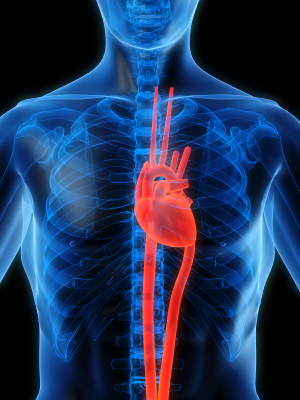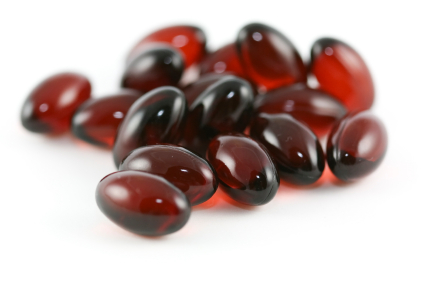- Home
- Our story
- Nutrition Quickies
- Products
- Ingredients
- Articles
- Success Stories
- Contact Us
- Timeless Radiance
- JayLab Pro Prosta-7
- BloodFlow Guardian
- VG-6
- Ultimate Sleep Solution
- Fermented Turmeric
- Collagen Complex
- LeptiSense
- Ultra-Cleanse Detox
- Krill oil
- Probiotics
- Advanced Joint Support
- Gluco Guardian
- Multi-vitamin (Active Core Complex)
- Renewal for men (T20)
- Protein powder
- Combo-packs
- Login
The Simple Way to Keep Your Overbearing Doctor Happy This Year
 Face it: Heart disease is a real downer.
Face it: Heart disease is a real downer.
Not only is it the number one killer of both men and women, it also seems be racking up more and more victims each and every day.
Latest statistics released (2009) showed that heart disease took the lives of ONE in every FOUR women and men.
That’s a lot of people when you sit down and crunch the numbers.
Don’t believe me? One in four men translates into roughly 300,000 men and one out of every four women about 292,000 women per year.
It’s devastating to think that these numbers may double – or even triple – as the years go by.
Is there anything you can do about it?
Well, you CAN make changes to both your diet and exercise program (if you haven’t already). That may be one way to reduce your risk.
The other way – and one you may have heard about – is including more omega-3 fatty acids into your diet, which could also lower your risk for heart disease.
Omega-3 Fatty Acids and Heart Health
When you get look at heart disease, the whole process may usually start as a simple inflammatory response...
...one that is wildly out of control!
You see, inflammation may lead to a whole host of issues when you investigate heart disease.
From a buildup of platelets at the site of damage, to full and inflamed macrophages (foam cells) being able to travel through your arterial wall and create even more damage.
All of these conditions may lead to hardening of the wall, immune responses to the cellular damage, and inflammation associated with that damage.
Now, you probably know that the omega-3 fatty acids produce anti-inflammatory molecules, therefore potentially reducing inflammation, and reducing your chance for macrophages to enter into your cellular wall.
To take a step back, however, you should first talk about lipoprotein lipase levels, which could lead to lipids being deposited into your arterial wall or even cause macrophage inflammation to increase.
Lipoprotein lipase is an enzyme that is found in many areas of the body, including your heart and arterial wall.
And when this enzyme is activated, it may be either protective or may increase the risk for atherosclerosis. Now, you may be asking when do the omega-3 fatty acids enter into the picture?
Well, a new study, or more of a review of current literature, shows some interesting findings.
 First, they showed that increased levels of omega-3 fatty acids may decrease inflammation (remember, inflammation is one key factor in heart disease development) levels, by reducing the amount of pro-inflammatory cytokines that are produced.
First, they showed that increased levels of omega-3 fatty acids may decrease inflammation (remember, inflammation is one key factor in heart disease development) levels, by reducing the amount of pro-inflammatory cytokines that are produced.
Secondly, omega-3 fatty acids could also inhibit atherogenic signaling pathways and slow the expression and recruitment of molecules (inflammatoryu) from invading your arteries and artery walls.
The conclusion the authors came to…
“New mechanistic insights into the antiatherogenic action of n-3 FA have emerged. These studies may contribute to future therapeutic advances in preventing mortality and morbidity associated with atherosclerosis.”
Take Home Heart Health Message
Heart disease is still the number one killer of both men and women worldwide.
Eating the right diet and exercising have both been shown to reduce your risk for developing heart disease.
However, including the omega-3 fatty acids, DHA and EPA, may further reduce your risk.
Omega-3 fats may alter the inflammatory response – which may be one factor in heart disease development – therefore they could reduce your overall heart disease risk.
There are plenty of ways to get more omega-3 fatty acids into your day. You can eat fatty, oily fish like salmon or tuna.
Or you can take a high-quality omega-3 fatty acid supplement, such as Krill oil.
No matter which way you get your omega-3 fatty acids, including these powerful fats (as part of a healthy your diet) may lower your overall risk for heart disease.
References:
Chang CL, Deckelbaum RJ. Omega-3 fatty acids: mechanisms underlying ‘protective effects’ in atherosclerosis. Curr Opin Lipidol. 2013 Apr 15.


